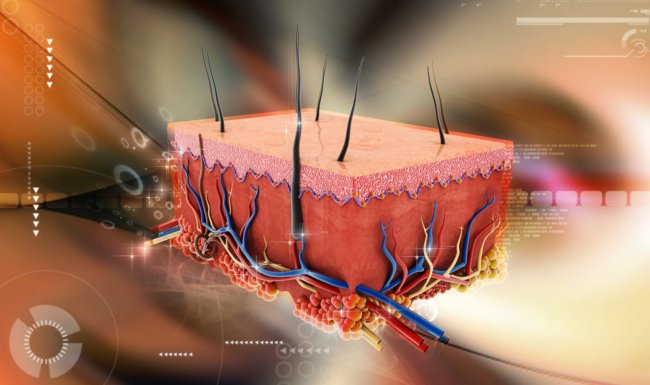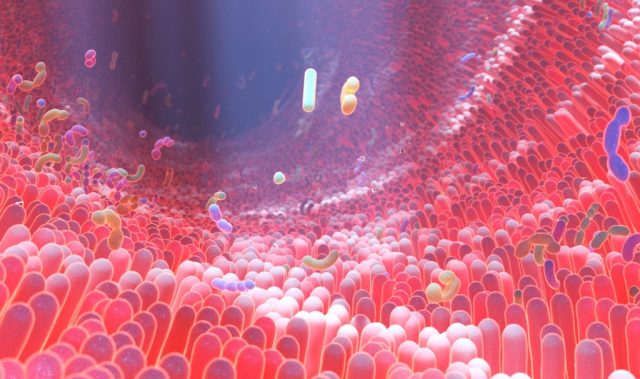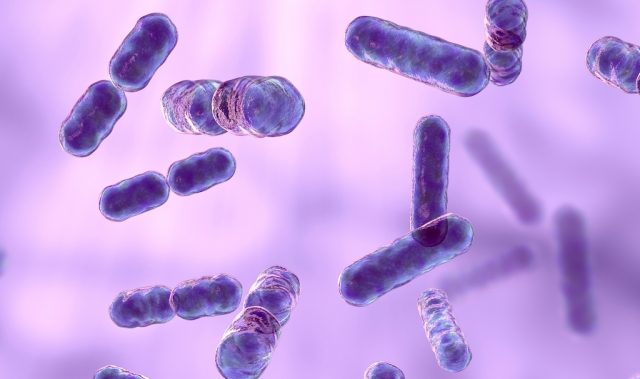
AsianScientist (Jul 8, 2014) – Researchers have generated the highest quality integrated gene set for the human gut microbiome to date—a close-to-complete catalogue of the microbes that reside inside us and outnumber our own cells ten to one. The results of this study have been published in the journal Nature Biotechnology.
The human gut is colonized by up to three pounds of microorganisms that can break down toxins, manufacture vitamins and essential amino acids and form a barrier against invaders. However, the lack of a comprehensive and uniformly processed database cataloging human gut microbiota has hindered our understanding of the microbiome’s function in human health and disease.
In the present study, researchers established a catalog of the human gut microbial genes by processing 249 newly sequenced samples and 1,018 published samples from MetaHIT, Human Microbiome Project (HMP), a large diabetes study from China, as well as 511 sequenced genomes of gut-related bacteria and archaea. This expanded dataset is at least three times larger than the cohorts used for previous gene catalogs.
Based on the catalog, researchers investigated the gut microbiota of healthy Chinese and Danish adults and found that the two cohorts had country-specific microbial signatures. Specifically, the Chinese and Danish populations differed in nutrient metabolism as well as xenobiotic detoxification, which might be influenced by the differences in diet and environment.
In addition, they observed enrichment in possible antibiotic resistance genes both at the population level (penicillin resistance in Danes and multidrug resistance in Chinese) and at the individual level, highlighting the need for close monitoring of direct and indirect exposure to antibiotics.
This non-redundant reference catalog of over 9.8 million genes is freely accessible at the integrated catalog website and BGI’s GigaScience Database, GigaDB. It provides an expanded and invaluable resource for global researchers to more deeply explore the geographical, genetic, temporal and physiological characteristics of gut microbes.
“Catalogs of reference genes in the human gut microbiome should facilitate quantitative characterization of multi-omic data from the gut microbiome to understand its variation across populations in human health and disease,” said Dr. Li Junhua, a research scientist from BGI who conducted the study.
The article can be found at: Li et al. (2014) An Integrated Catalog of Reference Genes in the Human gut Microbiome.
——
Source: BGI; Photo: Anthony D’Onofrio/Flickr/CC.
Disclaimer: This article does not necessarily reflect the views of AsianScientist or its staff.












